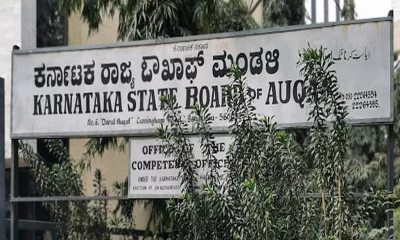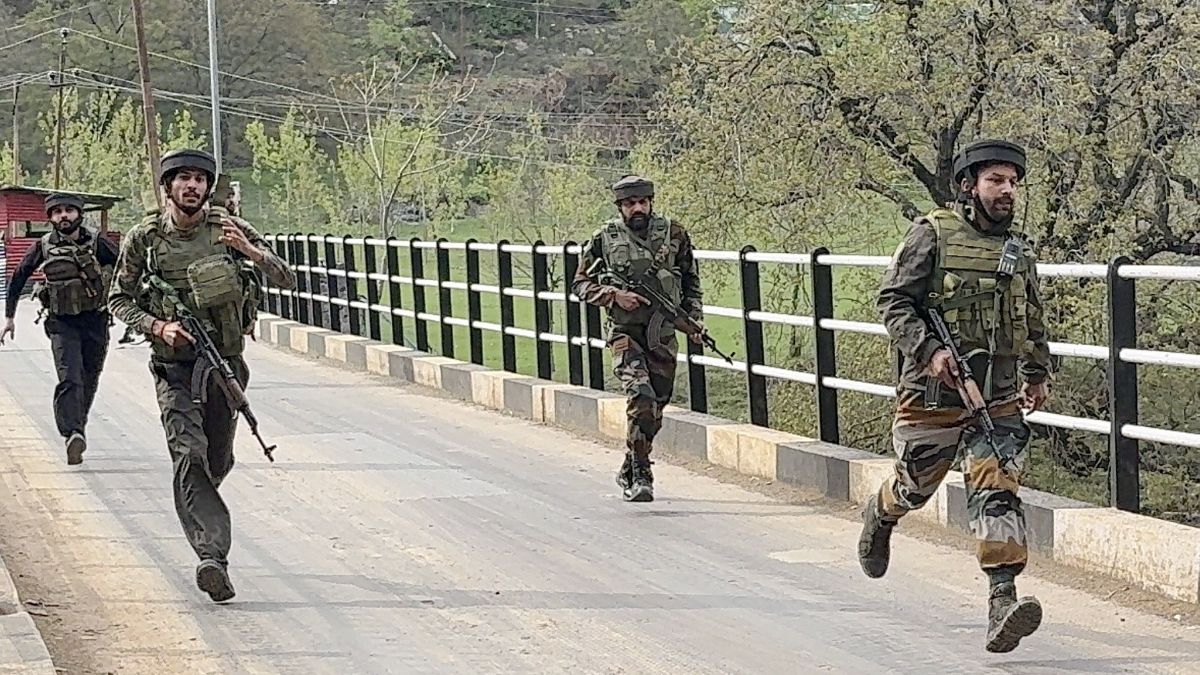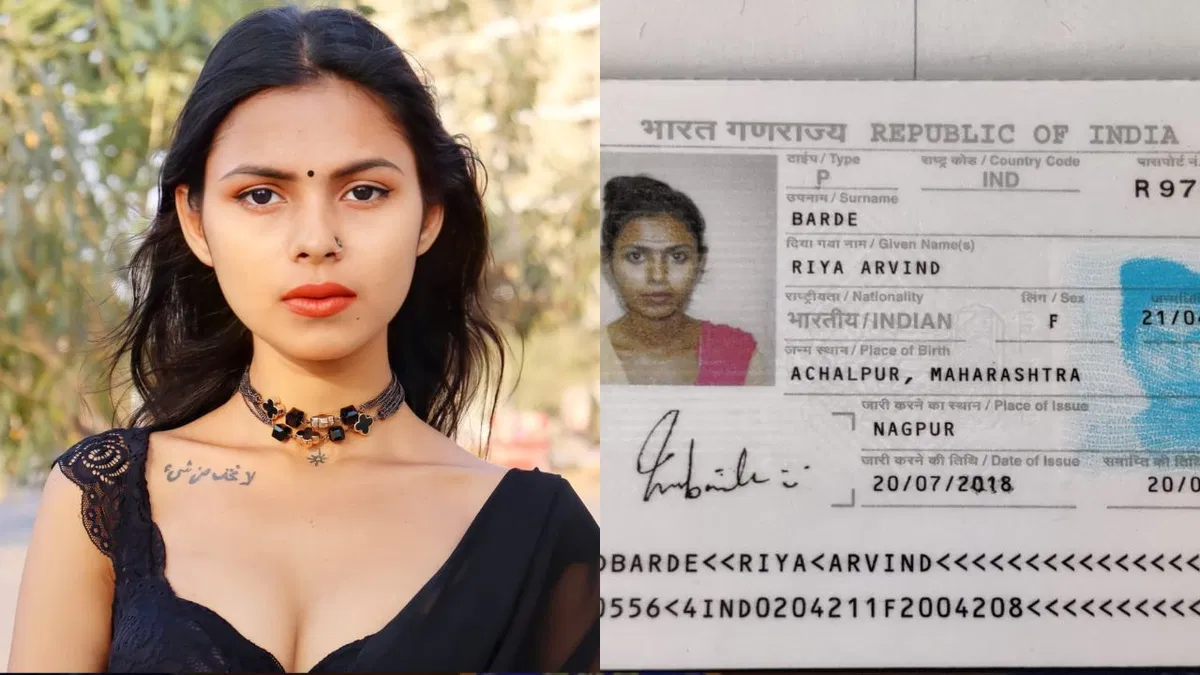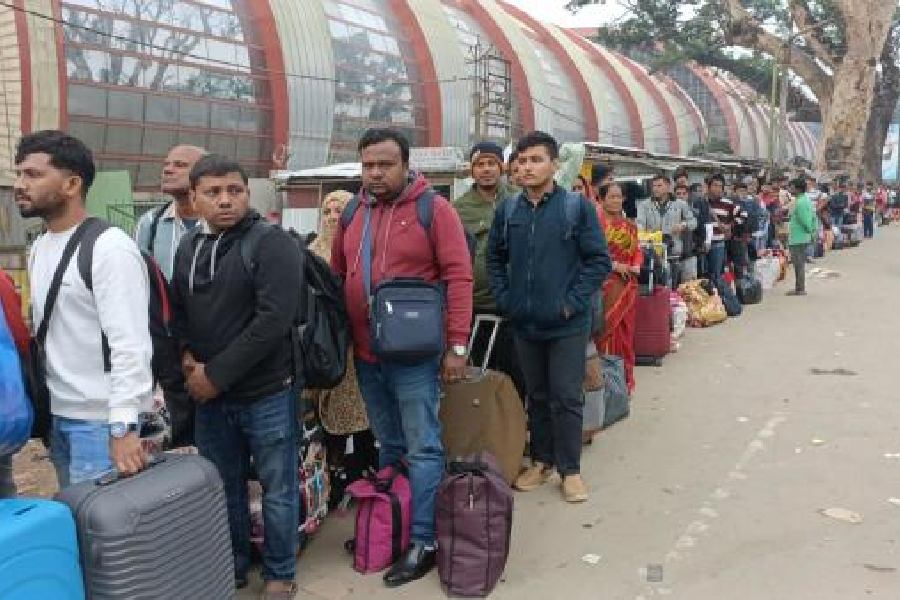Siddhant Mohite, Mumbai Uncensored:
In a distressing incident that has sparked widespread concern, a young woman has filed a complaint at the Ratnagiri City Police Station, alleging that she was deceived in a “Love Jihad” case. The victim, whose identity has been withheld for privacy reasons, claims she was misled by a man she met on Instagram who faked his identity and religious background.
According to the complaint, the ordeal began in July 2023 when the victim accepted a friend request from an Instagram user with the ID “pvt.0122_.” The user identified himself as Harsh Kumar Yadav, claiming to be a Hindu college student in his second year of Bachelor of Management Studies (BMS). Over time, their online interactions grew more frequent, and they began exchanging photographs and personal details.
Harsh portrayed himself as a diligent student who balanced his studies with managing his father’s diesel factory in Ratnagiri, Maharashtra. He further claimed that his father was involved in politics and owned the factory. The victim was led to believe that Harsh’s family had accepted her, and he even expressed his desire to marry her.
However, the victim later discovered that the man she had been communicating with was not who he claimed to be. Harsh Kumar Yadav was, in reality, a Muslim boy named Ruzaan, who had faked his identity to appear as a Hindu boy. The revelation of this deception has led to the incident being classified as a Love Jihad case—a term often used to describe situations where a person fakes their identity and religious background to form a relationship.
On August 2, 2024, Ruzaan (posing as Harsh) informed the victim that he had just turned 22 and that his parents were ready to arrange their marriage. Trusting his words, the victim left her home on August 5, 2024, to travel to Ratnagiri, where the marriage was supposed to take place. Ruzaan had allegedly sent her the travel expenses via Paytm, including the rickshaw fare and train tickets from Chandigarh to Ratnagiri.
Upon reaching Ratnagiri on August 8, 2024, the victim tried to contact “Harsh” using the mobile number he had provided. To her shock, the call was answered by a girl. When the victim inquired about Harsh, the girl claimed that she knew no one by that name and that the number belonged to Ruzaan, not Harsh! Realizing she had been deceived, the victim sought help at a local mobile shop on Ratnagiri Railway Station Road.
The shop owner, after hearing her story, contacted her father and the police. The victim was then taken to the Sakhi One Stop Center for her safety. On August 10, 2024, her father, along with family friends Chandrakant Raul and Sagar Kadam, escorted her to the Ratnagiri City Police Station to file a formal complaint against Ruzaan.
The complaint accuses Ruzaan of misguiding the victim by faking his identity and luring her to Ratnagiri under false pretenses, a tactic often associated with Love Jihad cases. The victim’s father, Ghan Shyam Ramlal Sharma, stated that the incident had caused immense emotional distress to the family.
The police are currently investigating the matter to verify the claims and identify the individuals involved. The case underscores the dangers of online interactions and the need for vigilance when forming relationships on social media platforms, particularly in the context of Love Jihad concerns.
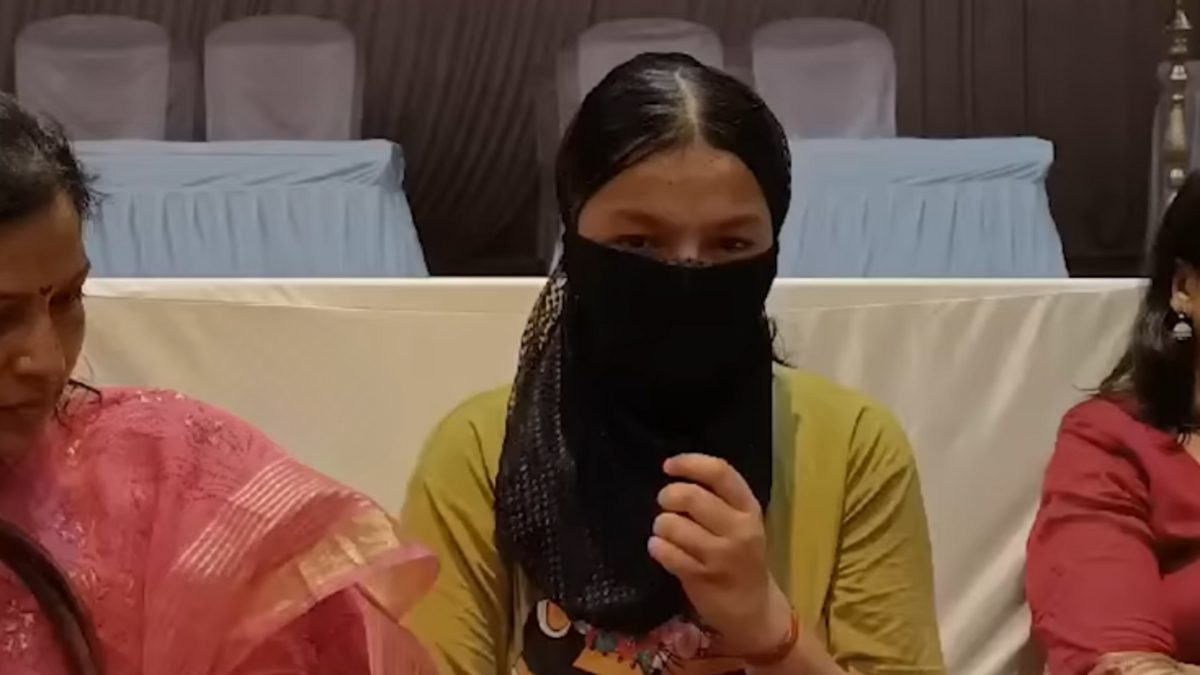




 Health17 hours ago
Health17 hours ago


 Special Editions16 hours ago
Special Editions16 hours ago


 Special Editions3 months ago
Special Editions3 months ago


 Special Editions11 hours ago
Special Editions11 hours ago


 Special Editions17 hours ago
Special Editions17 hours ago







